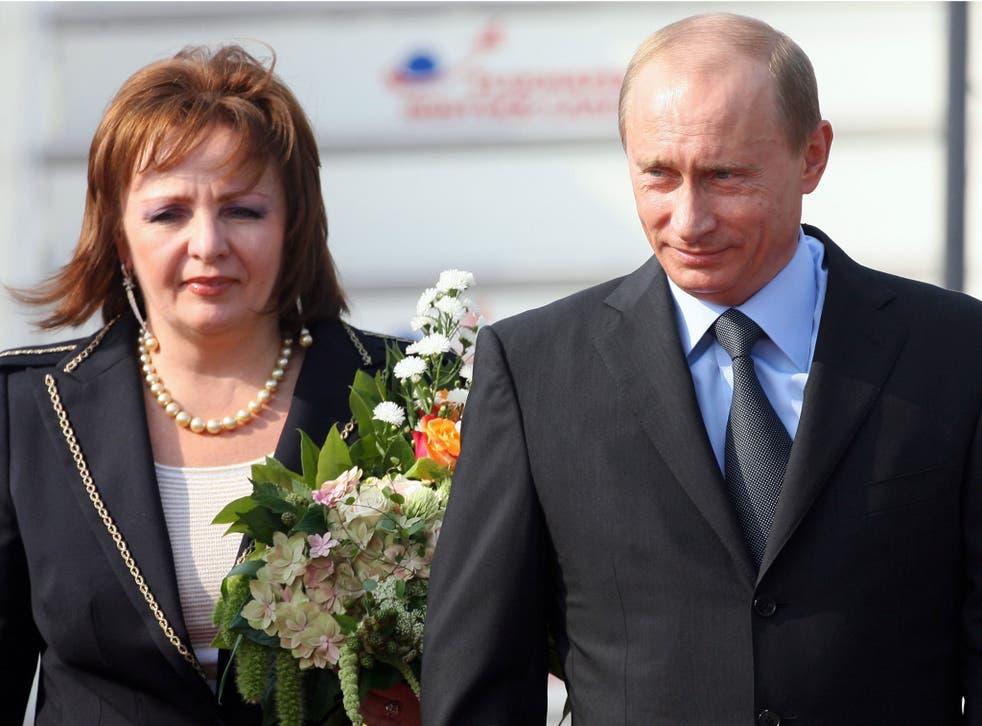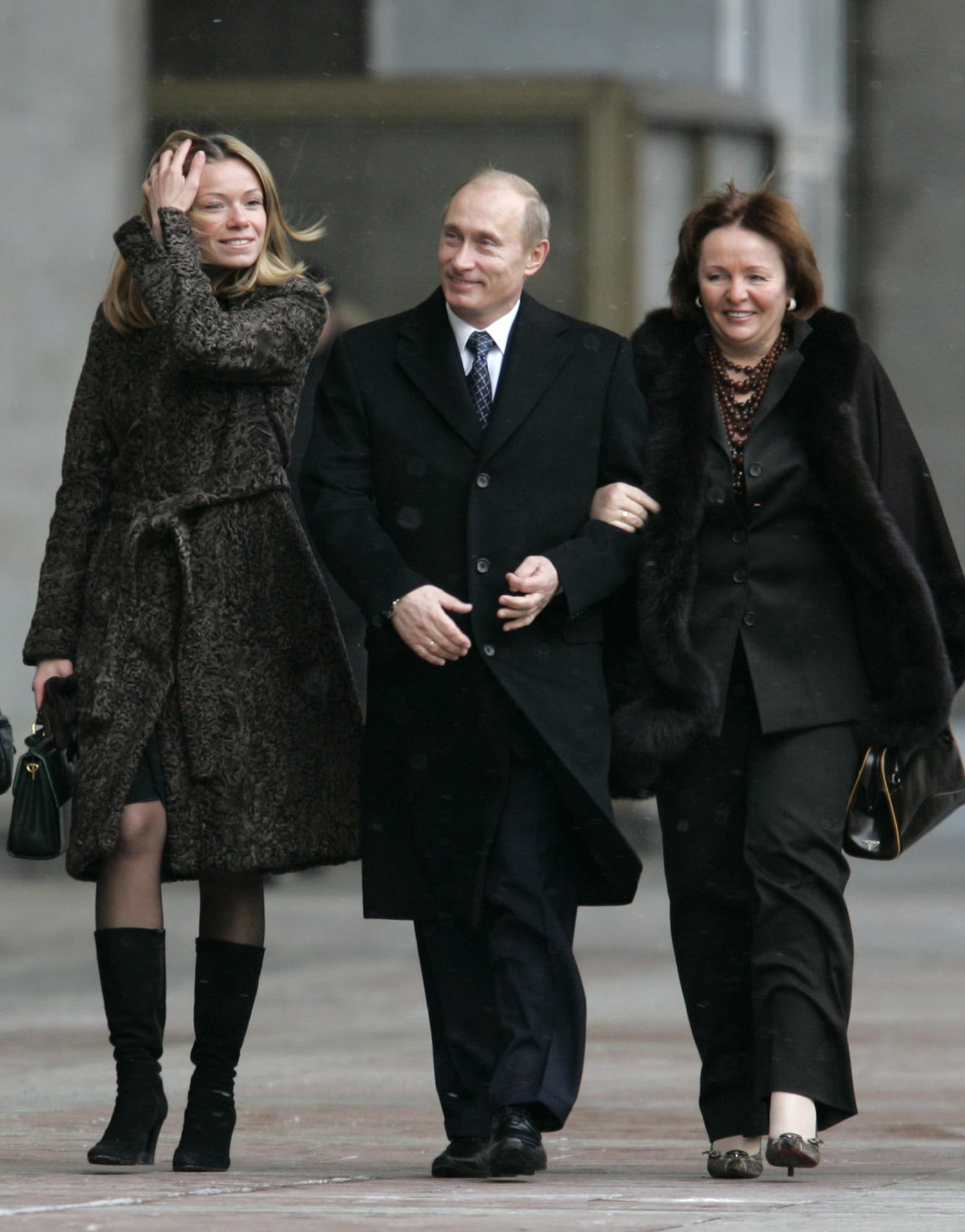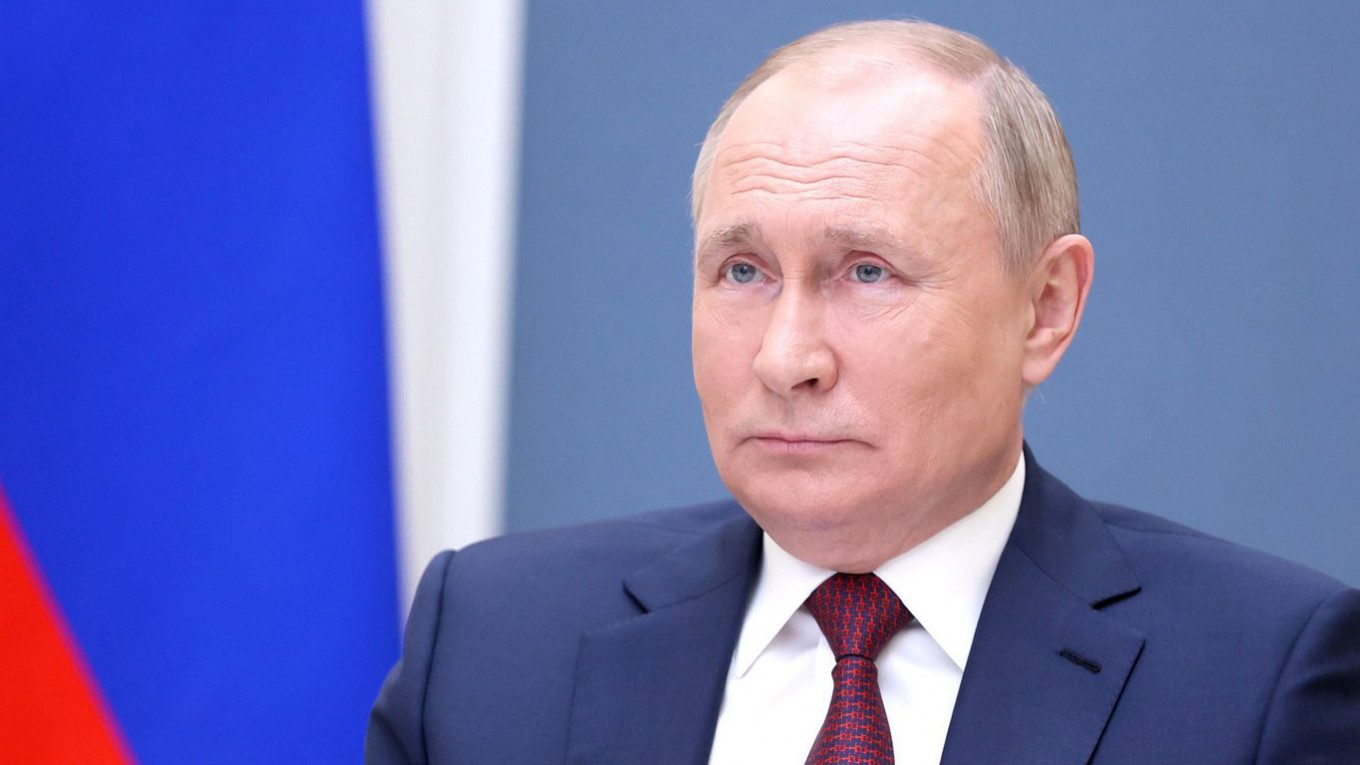Vladimir Putin Biceps Height Weight Age Wiki Net Worth, Affairs, Marriage, Wife, Children, Family Biography & much more. Vladimir Vladimirovich Putin (born 7 October 1952) is a Russian politician and former intelligence officer who is serving as the current president of Russia. He has been serving in this position since 2012, and he previously held this office from 1999 until 2008. He was also the prime minister from 1999 to 2000, and again from 2008 to 2012. Putin is the second-longest current serving European president.
Putin was born in Leningrad (now Saint Petersburg) and studied law at Leningrad State University, graduating in 1975. Putin worked as a KGB foreign intelligence officer for 16 years, rising to the rank of lieutenant colonel, before resigning in 1991 to begin a political career in Saint Petersburg. He later moved to Moscow in 1996 to join the administration of president Boris Yeltsin. He briefly served as director of the Federal Security Service (FSB) and secretary of the Security Council, before being appointed as prime minister in August 1999. After the resignation of Yeltsin, Putin became acting president, and less than four months later was elected outright to his first term as president and was reelected in 2004. As he was then constitutionally limited to two consecutive terms as president, Putin served as prime minister again from 2008 to 2012 under Dmitry Medvedev, and returned to the presidency in 2012 in an election marred by allegations of fraud and protests; he was reelected again in 2018. In April 2021, following a referendum, he signed into law constitutional amendments including one that would allow him to run for reelection twice more, potentially extending his presidency to 2036.
During his first tenure as president, the Russian economy grew for eight straight years, with GDP measured by purchasing power increasing by 72%, real incomes increased by a factor of 2.5, real wages more than tripled; unemployment and poverty more than halved and the Russians’ self-assessed life satisfaction rose significantly. The growth was a result of a fivefold increase in the price of oil and gas, which constitute the majority of Russian exports, recovery from the post-communist depression and financial crises, a rise in foreign investment, and prudent economic and fiscal policies. Putin also led Russia to victory in the Second Chechen War. Serving as prime minister under Medvedev, he oversaw large-scale military reform and police reform, as well as Russia’s victory in the Russo-Georgian War. During his third term as president, falling oil prices coupled with international sanctions imposed at the beginning of 2014 after Russia’s military intervention in Ukraine and annexation of Crimea led to GDP shrinking by 3.7% in 2015, though the Russian economy rebounded in 2016 with 0.3% GDP growth. Other developments under Putin has included the construction of pipelines, the restoration of the satellite navigation system GLONASS, and the building of infrastructure for international events such as the 2014 Winter Olympics in Sochi and the 2018 FIFA World Cup.
Under Putin’s leadership, Russia has shifted to authoritarianism. Experts do not generally consider Russia to be a democracy, citing the jailing and repression of political opponents, the intimidation and suppression of the free press and the lack of free and fair elections. Russia has scored poorly on Transparency International’s Corruption Perceptions Index, the Economist Intelligence Unit’s Democracy Index, and Freedom House’s Freedom in the World index.
Early Life
Vladimir Vladimirovich Putin was born on 7 October 1952 in Leningrad, Russian SFSR, Soviet Union (now Saint Petersburg, Russia), the youngest of three children of Vladimir Spiridonovich Putin (1911–1999) and Maria Ivanovna Putina (née Shelomova; 1911–1998). Spiridon Putin, Vladimir Putin’s grandfather, was a personal cook to Vladimir Lenin and Joseph Stalin. Putin’s birth was preceded by the deaths of two brothers, Viktor and Albert, born in the mid-1930s. Albert died in infancy and Viktor died of diphtheria during the Siege of Leningrad by Nazi Germany’s forces in World War II. Putin’s mother was a factory worker and his father was a conscript in the Soviet Navy, serving in the submarine fleet in the early 1930s. Early in World War II, his father served in the destruction battalion of the NKVD. Later, he was transferred to the regular army and was severely wounded in 1942. Putin’s maternal grandmother was killed by the German occupiers of Tver region in 1941, and his maternal uncles disappeared on the Eastern Front during World War II.
On 1 September 1960, Putin started at School No. 193 at Baskov Lane, near his home. He was one of a few in the class of approximately 45 pupils who was not yet a member of the Young Pioneer organization. At age 12, he began to practice sambo and judo. Putin studied German at Saint Petersburg High School 281 and speaks German fluently.
Putin studied law at the Leningrad State University named after Andrei Zhdanov (now Saint Petersburg State University) in 1970 and graduated in 1975. His thesis was on “The Most Favored Nation Trading Principle in International Law”. While there, he was required to join the Communist Party of the Soviet Union and remained a member until it ceased to exist (it was outlawed in August 1991). Putin met Anatoly Sobchak, an assistant professor who taught business law, and later became the co-author of the Russian constitution and of the corruption schemes persecuted in France. Putin would be influential in Sobchak’s career in Saint-Petersburg. Sobchak would be influential in Putin’s career in Moscow.
Vladimir Putin Height Weight Age Wife Children Family Biography


Personal Life
Family
Putin and Lyudmila Putina at their wedding, 28 July 1983
On 28 July 1983, Putin married Lyudmila Shkrebneva, and they lived together in East Germany from 1985 to 1990. They have two daughters, Mariya Putina, born 28 April 1985 in Leningrad, and Yekaterina Putina, born 31 August 1986 in Dresden, East Germany.
An investigation by Proekt Media published in November 2020 alleged that Putin has another daughter, Elizaveta (known as Luiza Rozova), born March 2003, with Svetlana Krivonogikh.
In April 2008, the Moskovsky Korrespondent reported that Putin had divorced Lyudmila and was engaged to marry Olympic gold medalist Alina Kabaeva, a former rhythmic gymnast and Russian politician. The story was denied and the newspaper was shut down shortly thereafter. Putin and Lyudmila continued to make public appearances together as spouses, while the status of his relationship with Kabaeva became a topic of speculation. In the subsequent years, there were frequent reports that Putin and Kabaeva had multiple children together, although these unsubstantiated reports were denied.
On 6 June 2013, Putin and Lyudmila announced that their marriage was over, and, on 1 April 2014, the Kremlin confirmed that the divorce had been finalised. In 2015, Kabaeva reportedly gave birth to a daughter; Putin is alleged to be the father. In 2019, Kabaeva reportedly gave birth to twin sons by Putin.
Putin has two grandsons, born in 2012 and 2017.
His cousin, Igor Putin, was a director at Moscow-based Master Bank and was accused in a number of money laundering scandals.
Personal wealth
Official figures released during the legislative election of 2007 put Putin’s wealth at approximately 3.7 million rubles (US$150,000) in bank accounts, a private 77.4-square-meter (833 sq ft) apartment in Saint Petersburg, and miscellaneous other assets.[517][518] Putin’s reported 2006 income totaled 2 million rubles (approximately $80,000). In 2012, Putin reported an income of 3.6 million rubles ($113,000).[519][520]
Putin has been photographed wearing a number of expensive wristwatches, collectively valued at $700,000, nearly six times his annual salary. Putin has been known on occasion to give watches valued at thousands of dollars as gifts to peasants and factory workers.
Putin’s close associate Arkady Rotenberg is mentioned in the Panama Papers, pictured 2018
According to Russian opposition politicians and journalists, Putin secretly possesses a multi-billion-dollar fortune via successive ownership of stakes in a number of Russian companies. According to one editorial in The Washington Post, “Putin might not technically own these 43 aircraft, but, as the sole political power in Russia, he can act like they’re his”. Russian RIA journalist argued that ” intelligence agencies (…) could not find anything”. These contradictory claims were analyzed by Polygraph.info which looked at a number of reports by Western (Anders Åslund estimate of $100–160 billion) and Russian (Stanislav Belkovsky estimated of $40 billion) analysts, CIA (estimate of $40 billion in 2007) as well as counterarguments of Russian media. Polygraph concluded:
There is uncertainty on the precise sum of Putin’s wealth, and the assessment by the Director of U.S. National Intelligence apparently is not yet complete. However, with the pile of evidence and documents in the Panama Papers and in the hands of independent investigators such as those cited by Dawisha, Polygraph.info finds that Danilov’s claim that Western intelligence agencies have not been able to find evidence of Putin’s wealth to be misleading
— Polygraph.info, “Are ‘Putin’s Billions’ a Myth?”

